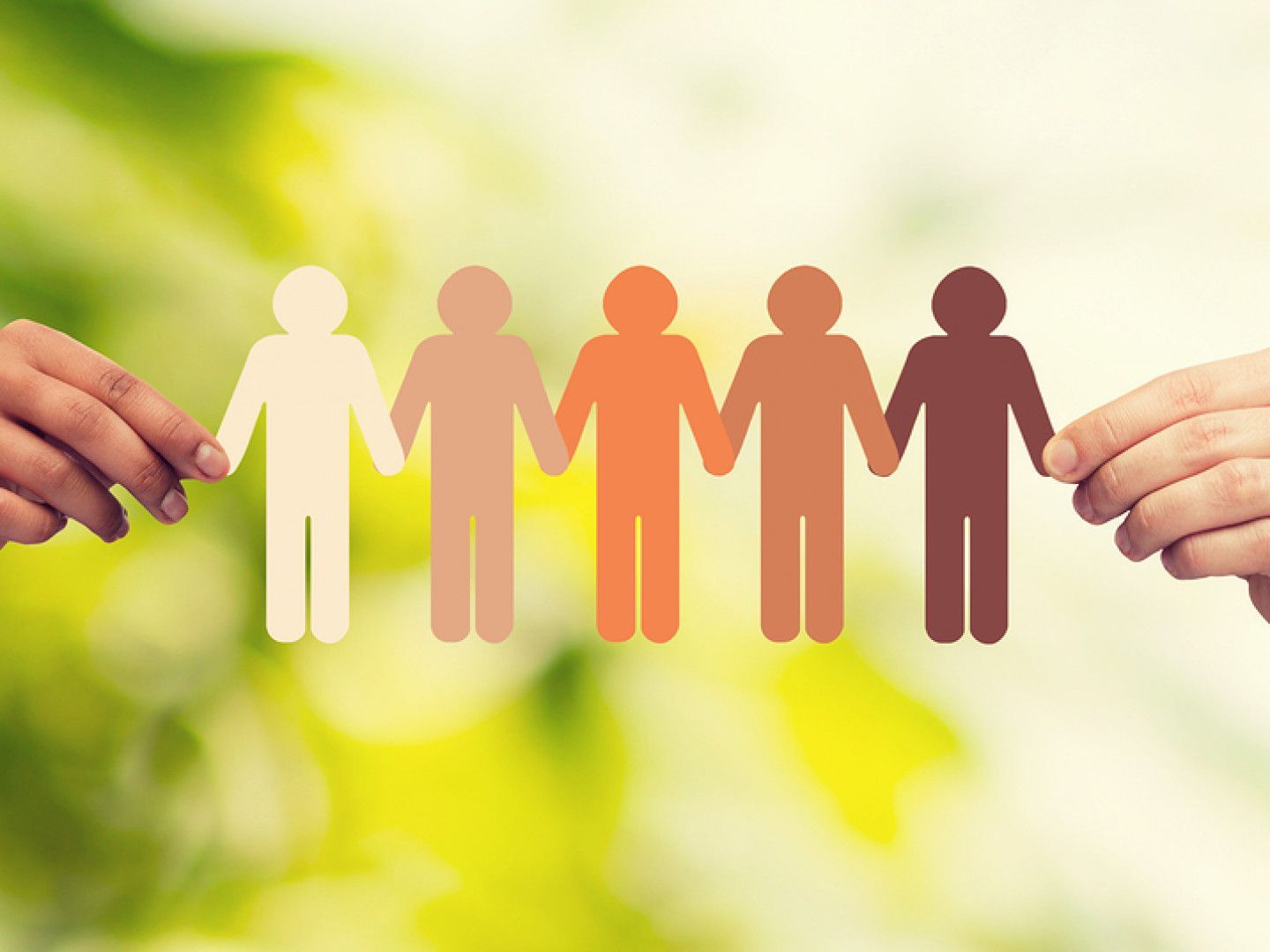Gratitude in Life and Relationships
Around the holidays we think of what we are grateful for including the people in life. For some reason, it is easier to think of what’s going wrong. Picking just one thing you are grateful for each day helps create a positive. It pulls us out the victim role and into an adult place of appreciation. I ask my clients to exchange something they appreciate about each other every day. Sit down, face to face, and focus only on each other. This will only take 5 minutes or less and can turn around the way you think about your relationship for the whole day. Expressing gratitude and gratefulness reduces stress, aches and pain, and improves sleep. There is a wealth of scientific research on this. Try it. You have nothing to lose.





